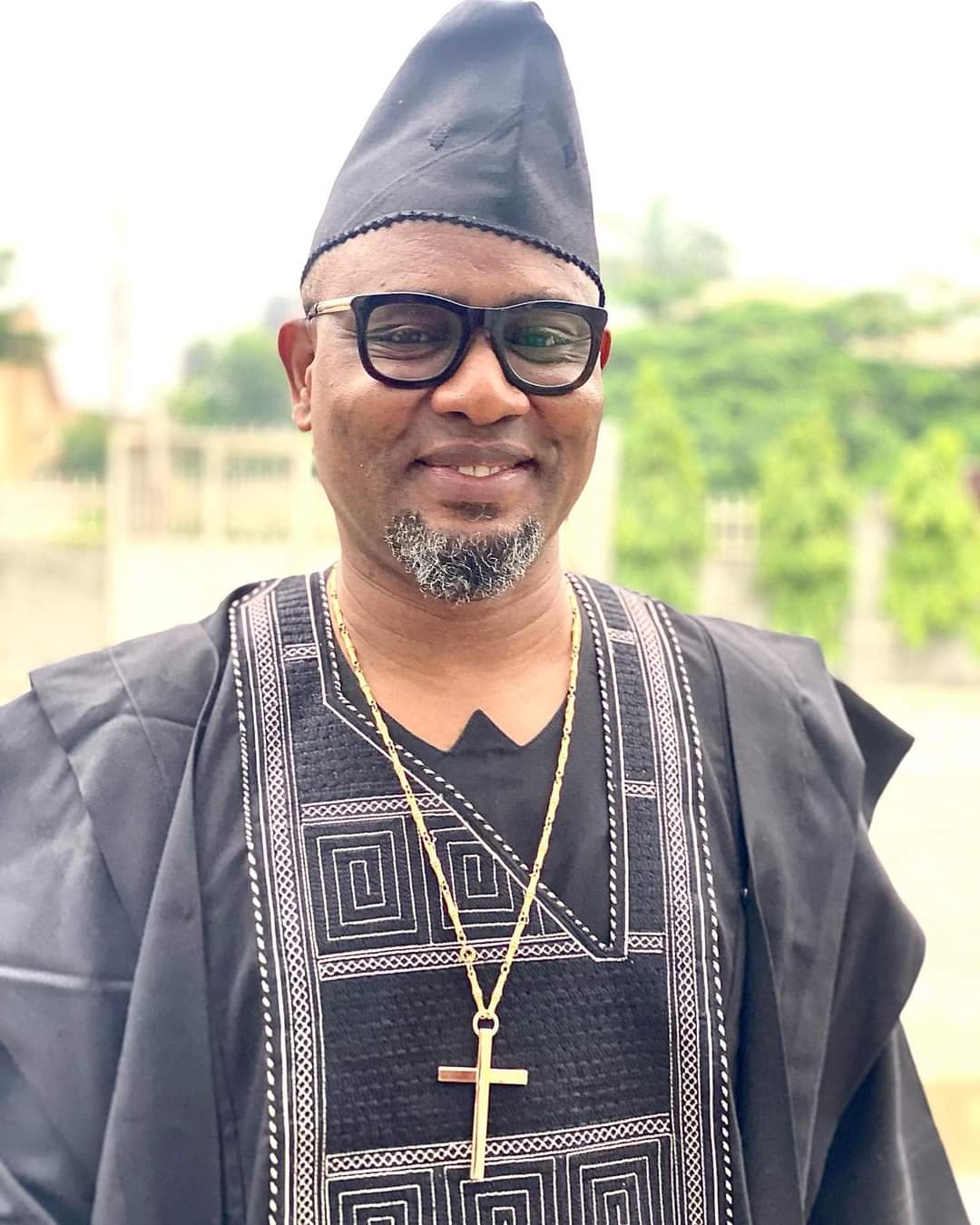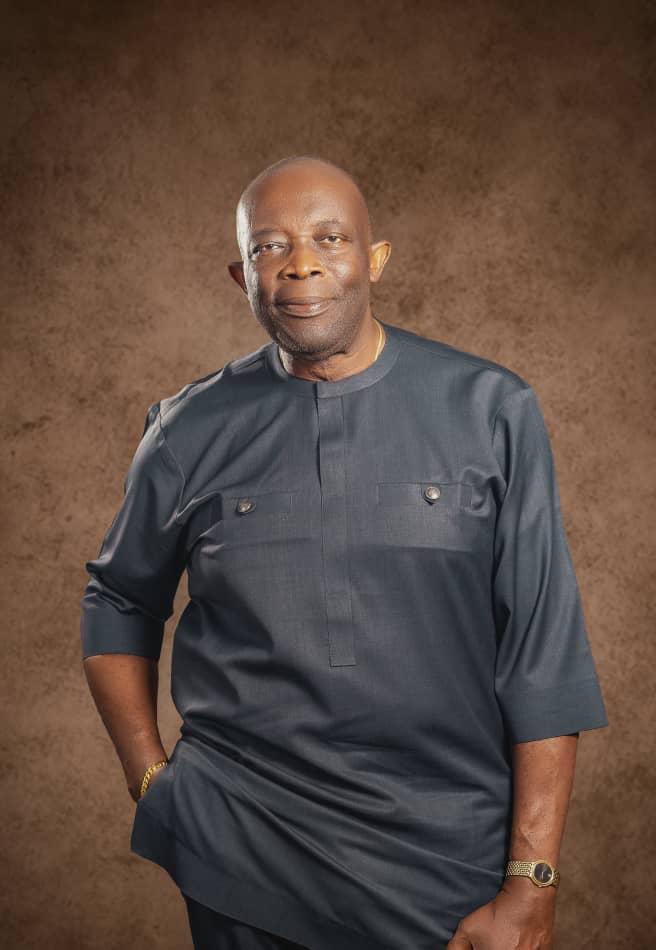I love the deregulated sector where the operators are free to apply their business ingenuity to gain market advantage knowing that there are rules of engagement to promote robust competition. Rules of engagement abhor the shifting of goal posts which is our forte in this part of the world. We like cutting corners to demonstrate our smartness and that hasn’t helped anybody, not even the individual and his country.
I love the deregulated sector and this I have demonstrated by following the broadcast and the telecommunications industries unrepentantly for decades; I am not about to swap my love for them with anything.
So, I can smell trouble in the sector miles away and often wish that it doesn’t happen. but sometimes wishes hardly become reality and, quite ironically, some of these troubles are needed to test the laws that bind the industry together. This may serve as a little tapestry for the tangle between Multichoice NIgeria Limited and the Federal Competition and Consumer Protection Council over a subscription increase which runs foul of the position of the latter.
I have written loads of materials in support of the operators, arguing that the government should allow them run their businesses without encumbrances, even when it comes to raising prices or tariffs because of the challenges of the country’s business environment which has also not been helped by a currency that is hardly stable. But I also know that, at some point, the operator could raise tariffs beyond the customers and then something will give.
Are we there yet? Oh, remember the saying of my people about the blind man’s garri being laced with too much sand; even without sight, he will find out there is something wrong with his meal which is very tempting with cold water.
Here are the strands of the unfolding scenario before us. PayTV behemoth, Multichoice , announced tariff increase on all its platforms beginning May 1, 2024. This wasn’t an April Fool’s prank. It was the third time in just over a year. It means, therefore, that each time there was an unpredictable shift in the value of the Naira, Multichoice would bump rates. Remember in quarter three of 2023, Multichoice reported a loss of $72m in its financial statement. The organisation seems to be searching for buffers all over the place.
But that is the nature of business, so not everybody seems to have sympathy for the organisation as they were no partakers of its good times.
Towards the end of April, Festus Onifade through his counsel Ejiro Awaritoma, ran to a Competition and Consumer Protection Tribunal (CCPT) sitting in Abuja, with an ex-parte motion to restrain Multichoice from executing the planned increase on May 1. An interim injunction was granted by the three-member panel presided over by Saratu Shaffi. Both parties are to maintain the status quo and return to the Tribunal on May 7, 2024, by 10am.
Normal thing to do in a civilised society. I am sure Onifade is a subscriber and just needed the protection of the law instead of seeking self-help to mobilise in an uncivil way. The tribunal saw his plight.
However on May 1, Multichoice executed the rate hike in defiance of the Tribunal’s position. What kind of disdain and corporate insouciance is that to our judicial system? I love the deregulated sector and have written in support of Multichoice, even advocating that the organisation be allowed to run its business and fix whatever rate it likes as there is nothing in the National Broadcasting Act Cap N11 Laws of the Federation of Nigeria 2004 or even the Nigeria Broadcasting Code stopping it from doing so. But if there is a legal challenge, the process must be obeyed and followed through.
Nigeria is not a rogue state. There is a government in charge of this nation and whether you like it or not, Bola Ahmed Tinubu is the President and the head of the Executive, the buck stops on his table. The other arms are the Legislature and the Judiciary. You may not have voted for the President or you may not even like him at all, but he heads a government that is in charge at the moment and gives people the opportunity to run to the courts for protection.
Onifade has acted within his rights. The Tribunal listened and took a decision pending further appearances. Multichoice has also taken an action apropos its interpretation of the law. Everything has returned to the Tribunal which waited for Multichoice to show up.
March 7, after listening to arguments, the three-man panel of the Competition and Consumer Protection Tribunal, headed by Justice Thomas Okosu, sent a strong message to Multichoice with its decision and in the process sent a strict warning to businesses whose operations and actions diminish the rights of customers.
Affirming that “the jurisdiction of this tribunal extends to all business activities within Nigeria,” which was in response to the objection of Multichoice, filed by Moyosore J. Onibanjo (SAN), the Tribunal placed a fine of N150m on Multichoice and directed the broadcaster to give its Nigerian subscribers one month free subscription.
Multichoice has vowed to challenge the ruling, meaning we are just at the beginning of a legal battle whose ultimate decision could shape a lot of things for businesses and the rights of customers in this nation.
Let me observe here that Onifade’s legal team is doing a smart job. They never questioned the rights of Multichoice to increase rates but challenged the short notice of eight days given to subscribers who pay subscription on a monthly basis. I am sure from there other issues will begin to percolate. Is that not a wise thing to do?
I am for a deregulated business environment which must be subjected to the rule of law, an environment where the parties – regulator, operator and customers – must believe in the justice system to make pronouncements on their complex relationships, including social and trade. It is encouraging that the Competition and Consumer Protection Tribunal is holding itself out for worthy emulation irrespective of how the case under discourse ends.
Everyday, the customer holds the sharp end of the knife which is very dangerous. He goes to the airport, the flight is cancelled and he hides his hopelessness in his shame as he scrounges for transport to return home or to spend another night in a hotel. He wakes up in the morning and the Power Holding Company of Nigeria (PHCN) has increased electricity tariff to such an insane height that demonstrates the absence of an effective social justice system in our nation.
He goes to the filling station to buy some petrol, the pump price has been adjusted overnight and his complaints don’t travel beyond his lips. The customer is king, he keeps repeating to himself, but the market woman has no respect for a customer with very low purchasing power. This is no spoofery but harsh reality as governors hem and haw over how much their workers get paid which could determine what relevance they hold as customers.
The customer needs more protection from judicial systems like the Consumer and Competition Protection Tribunal. Nigeria is not a rogue State. I hold strongly to the belief that the law still works here although the wheels of justice may grind slowly.


